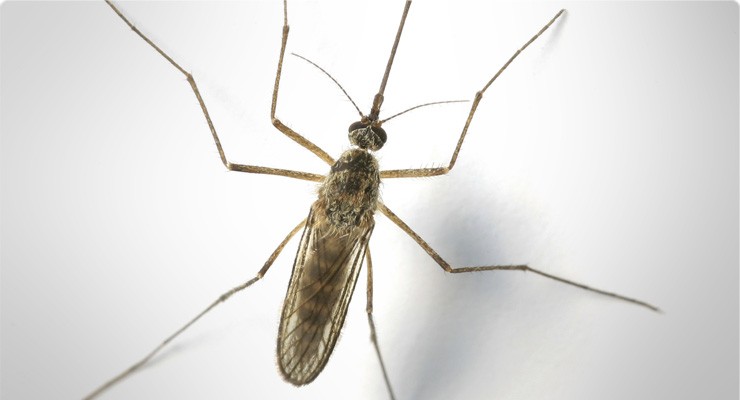Things You Need to Know About Zika
Learn what Zika is and how it may impact your pregnancy.

What is Zika?
Zika is a virus found in a certain type of mosquito. These mosquitoes are located throughout the world, including some areas of the United States.
For the most up-to-date list of the areas affected, visit https://www.cdc.gov/zika/geo/index.html
Why is Zika dangerous for pregnant women?
Women who become infected while pregnant could pass the virus on to their baby. Zika may also result in pregnancy loss. Babies who get the virus may be born with a smaller head (called “microcephaly”). Other problems include:
- Impaired growth and developmental disabilities
- Hearing loss
- Eye defects
If you’re pregnant, avoid traveling to an area with Zika. If you must travel, talk with your doctor first. Take steps to protect yourself from mosquito bites during your trip.
What are the most common symptoms?
- Fever
- Headache
- Joint pain
- Muscle pain
- Rash
- Red eyes
Symptoms are usually mild and can last up to a week. People don’t normally get sick enough to go to the hospital and very rarely die from Zika.
What if I’ve traveled recently?
IMPORTANT: If you’re pregnant, see your doctor for testing if you’ve traveled to an area with Zika — even if you don’t feel sick.
He or she will ask where you’ve traveled and possibly test your blood or urine. You may also need additional testing and monitoring throughout your pregnancy.
What is Zika?
Zika is a virus found in a certain type of mosquito. These mosquitoes are located throughout the world, including some areas of the United States. For the most up-to-date list of the areas affected, visit https://www.cdc.gov/zika/geo/index.html
What if I’m pregnant and live in a Zika-infected area?
View the special precautions as recommended by the CDC here: https://www.cdc.gov/zika/pregnancy/index.html
How is Zika treated?
There is no medicine or shot to prevent Zika. Treatment usually involves:
- Getting plenty of rest
- Drinking enough fluids to stay hydrated
If you have fever or pain, ask your doctor which medicines are safe for you to take.
How can I keep from being infected?
- During your pregnancy, don’t travel to infected areas.
- If you must travel, tell your doctor and take steps to avoid mosquito bites:
- Use insect repellents that have been registered with the Environmental Protection Agency. When used correctly, these have been proven safe for pregnant and breast-feeding women.
- Wear long-sleeved shirts and long pants.
- Stay in places with air conditioning or that have screens to keep mosquitoes out.
- Stay away from standing water and other mosquito breeding sites.
If a sexual partner has traveled to an affected area, tell your doctor. Avoid having sex or use condoms for the rest of your pregnancy. The virus has been found to live longer in semen than it does in the blood.
By Shauna Block, Contributing Writer
Sources
Centers for Disease Control and Prevention. About Zika. Accessed: February 8, 2017.
Centers for Disease Control and Prevention. Zika and pregnancy. Accessed: February 8, 2017.
Centers for Disease Control and Prevention. Symptoms, testing and treatment. Accessed: February 8, 2017.
Centers for Disease Control and Prevention. How to protect yourself. Accessed: February 8, 2017.
Last Updated: February 8, 2017
